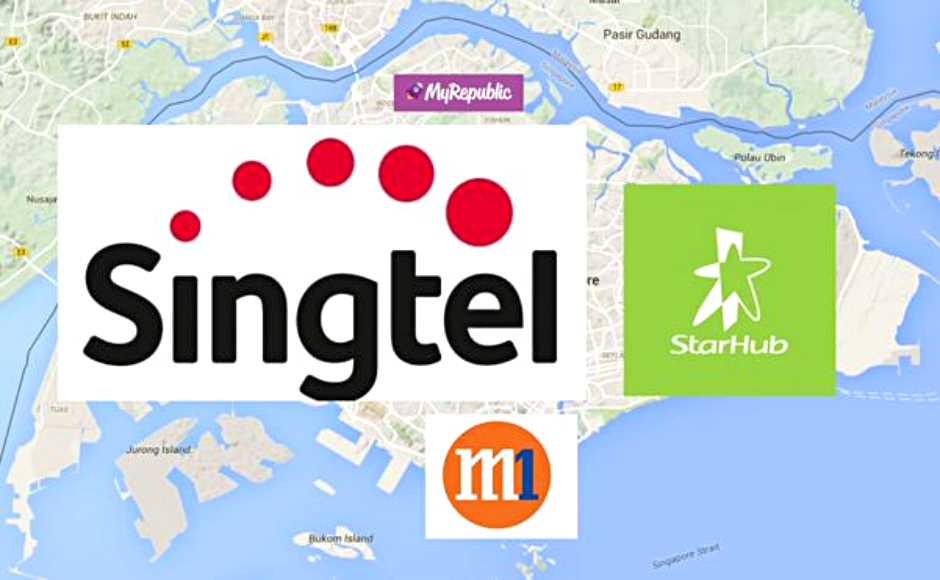
Singapore’s demand for more connectivity has led to plans to license a new carrier company. Source: iStock
Singapore: Starhub harnesses data analytics to make a comeback from the brink
STARHUB LTD., the second-biggest player in Singapore’s competitive telecommunications industry, is turning to data analytics to save its declining fortunes and support its drifting consumer space.
The company, which offers services such as mobile phones, broadband connectivity and pay TV, has been cultivating its relationships with corporate clients to whom StarHub sells data about their clients’ viewership and communications habits. Bloomberg reports corporate customers make up 42 percent of StarHub’s revenue margins in 2016, which is double from what it was previously.
#StarHub CEO Tan Tong Hai presenting to Minister Lim Hng Kiang at #SMEICC about StarHub's data analytics for retail pic.twitter.com/hXMa8fRgzx
— Wang Li-Na (@putbee) August 19, 2015
StarHub’s business has suffered in the two years since Singapore’s government announced plans to bring in a fourth carrier into the market to cope with rising consumer demand for more connectivity in the market. As a result of the announcement, StarHub saw their stock price experience a 30 percent fall, making it the only telco to experience a decline among the three incumbents in Singapore.
Furthermore, StarHub’s consumer space has taken a hit, leaving it still behind dominant player SingTel.
SEE ALSO: China’s state telcos to eliminate domestic roaming charges
“The margin in [the consumer] segment is already under pretty intense competition, and that will remain a highly contested space,” StarHub chief executive officer Tan Tong Hai said in an interview with Bloomberg.
“As consumers use their mobile phones, the broadband and the TV, the analytics generate a lot of interesting data, and we’ve realized such information is very useful for our corporate clients.”

StarHub is taking advantage of a new business model that more and more companies with huge data-heavy networks are implementing. This B2B model attracts clients across industries, including advertising and government as they supply much-needed valuable content that is otherwise difficult to obtain.
The company says it competes on data analytics with Singapore Telecommunications Ltd., which StarHub says is still the dominant player in the market, but StarHub can probably expect the corporate space to save from falling further back.
SEE ALSO: SingTel Admits Wireless Broadband is Slow, Promises Improvements
“A lot of people don’t understand our enterprise strategy, they look at us and think the fourth player is going to cannibalize your business,” Tan said. “The hidden asset is actually the data analytics, and we’ve been using this now to complement our enterprise business.”
READ MORE
- Ethical AI: The renewed importance of safeguarding data and customer privacy in Generative AI applications
- How Japan balances AI-driven opportunities with cybersecurity needs
- Deploying SASE: Benchmarking your approach
- Insurance everywhere all at once: the digital transformation of the APAC insurance industry
- Google parent Alphabet eyes HubSpot: A potential acquisition shaping the future of CRM
